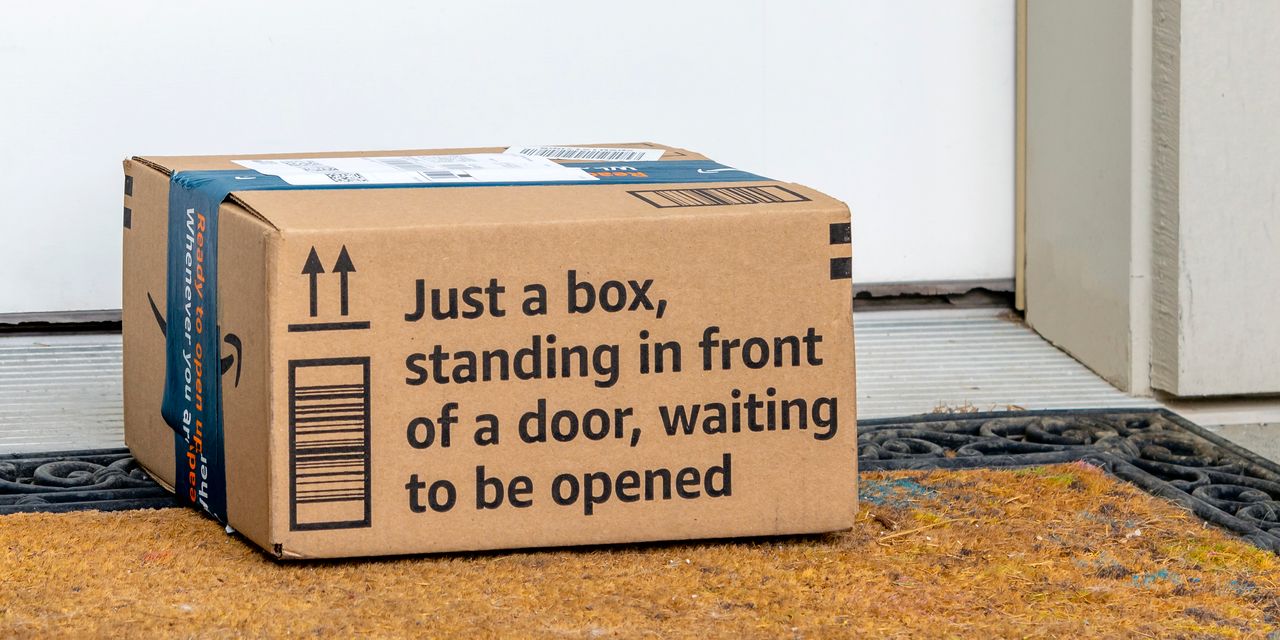Here’s a quick question.
If some useless stuff that you are going to forget about in a few months, weeks or even days is marked down in a sale from $100 to $10, and you snap up this amazing bargain before it expires, how much have you saved?
If you answered “$90,“ being the size of the markdown, go to the back of the class. Oh, and call home and tell them you’re being kept late after school today, because you need to take Remedial Common Sense.
The correct answer, of course, is that you haven’t saved anything. You’ve just wasted $10. And if you were tempted to buy the item only because of the discount, and would have left it alone at the original price of $100, the ”sale“ has done you no favors whatsoever.
This is why I am unmoved by all the propaganda in favor of ”Amazon Prime Day.“ And why my entire budget for this day of wonderful ”discounts“ is $0.
Read: Why Amazon clicks with shoppers — on Prime Day or any day
No matter how cleverly you jump on the latest bargains, if you buy anything at all on Amazon Prime Day I am guaranteed to save even more than you. I’m not saving 30% off the full retail price or 50% or even 75%. I’m saving 100%.
If I need to buy something, I typically buy it when I need it. I may keep an eye out in case it is likely to go on sale. But my number one money saving hack isn’t buying stuff cheap in a sale—it isn’t buying stuff.
Read: On Amazon Prime Day, I got a $249 Apple Watch for free. Here’s how I did it.
Those of us who have reached the age of maturity have the opportunity to reflect on how much richer and better off we would be now if we hadn’t wasted so much money in our 20s and 30s and even 40s. I have never been a big spender but I sometimes try to run the numbers.
The key one is the number 5. That’s the average annual percentage investors have earned, over and above inflation, over the long term by investing money in the stock market. (I’m talking about global stocks.) And it is therefore the likely return you could earn by not buying surplus junk.
To put this in context: $1,000 spent now is an estimated $2,700 you won’t have in 20 years’ time. And $4,300 you won’t have in 30 years and $11,500—yes, really—you won’t have in 50 years. These numbers are in ”real“ terms, meaning they have already been adjusted for any future inflation.
If you are in your 20s, therefore, every dollar you blow on Amazon Prime is taking nearly $12 out of your future retirement savings.
If the money spent led to happiness in the here and now that might not matter so much, even though it is hardly good news for your golden years. But whenever I think of things like Prime Day, and I’m not thinking about how much richer I’d be today if I hadn’t wasted money in my youth, I think of two other things instead.
The first is the sheer brilliance of the psychological warfare that big retail companies and marketing operations wage upon the consumer. Companies know exactly how to hack your brain to part you from your money. Robert Cialdini’s book ”Influence“ is the classic study, but there are many others. Among the cleverest tricks is by creating a false sense of ”urgency“ by offering time limited deals.
Quick! Hurry! Buy this total crap marked down from $100 to $10 while stocks last!
If you don’t grab this deal now it will be gone!
Check out the countdown clocks you see on retail websites.
The second thing I think about is the psychological revelation known as ”the hedonic treadmill,“ which we could also call The Tyranny of More. Whatever we have, it’s not enough. We want more, newer, ”better.“ Hence the way economists refer to the hedonic ”treadmill.“ We have to keep getting more just to stay as happy as we were before.
The only way to beat the treadmill is to get off.
Thanks, Amazon, but no thanks. That money looks so much better in my bank account than yours.
Read the full article here





